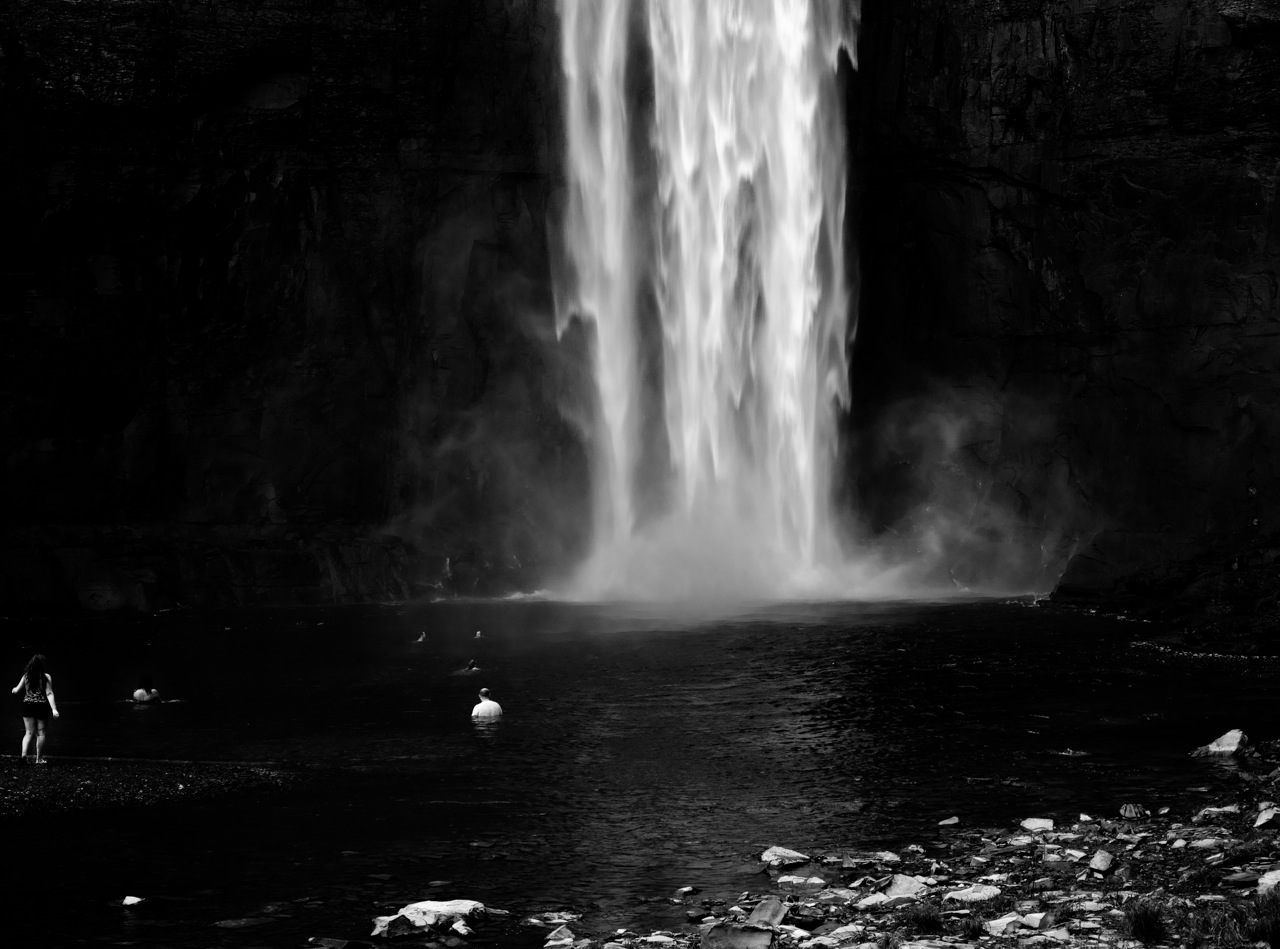kbg32
neo-romanticist
Yes, absolutely, cameras will only improve in regards to their process engines. I'm glad you found your workflow kuzano.
Yes you do have some control. But not as much as when post-processing a Raw file.That is a complete misunderstanding of the process engine in the camera. It is not a fixed profile of processes applied to jpeg images. In fact, you have more control with the process engine than you might imagine.
I [...] fill the typically 4 custom profiles that change the way the process engine works. You can't do that with RAW, nor why would you want to?.
You should have all the control you want. RAW only gives you more work.
]Certainly I know that RAW gives me more detail, and this will rankle the RAW fanboys no end, but I am not hampered by the extra software, and work of having RAW in my computer/workflow.
In my interpretation and usage, the camera manufacturers' are continuing to give us the control we want over Jpeg, while RAW simply captures more data than we need and puts the onus on the user to use software and post processing to make the RAW file valuable at all.
Exactly. But I'd be willing to bet that some will twist your indisputably true statement by taking it to mean "how good a photographer you are", which we both know isn't true.. . . Whether or not you think JPGs are sufficient obviously depends on the kind of photographer you are...
Dear Godfrey,
First, the M9 won't shoot TIFFs.
Second...
Right now, too, I'm shooting some rather odd B+W conversions that require playing around with filters and histograms, sometimes involving repeated opening and closing of files. These are the compression losses I am talking about, not anything that happens in camera. Again, TIFF suits these pics very well. I can just stuff TIFFs straight into Photoshop without processing in Lightroom first.
But quite often, I don't use the M9 on situations where I have plenty of time. ...
Dear Godfrey,. . . The only question is why would you do this with a TIFF (or JPEG) file rather than a raw file where you have more editing headroom to start with?
There's also nothing to stop you from immediately upgrading your 8bit JPEG or TIFF into 16bit TIFF inside of Photoshop. . .
@tomtofa
Your first paragraph is opposite of how I feel, but I respect that it doesn't work for you. (And I love the images you post here!).
Your last sentence also touches on what some others have implied .... that if you use the camera JPG's, you have somehow lost or overwritten your RAW file. That is only true if you never saved the RAW file to begin with.
. . . . . . .
not@tomtofa 🙂
And . . . anyone who is editing and rediting a JPG file shouldn't complain about "losses" - go back to RAW file and start again!
Also the previous comments by jsrockit and photomoof make a lot of sense to me. You can get very controllable and accurate results using automation, if you understand how your camera works. It is NOT a forgone conclusion that manual operation leads to better exposures.
Finally . . . huff and puff . . . . buying software and learning how to process RAW files and calibrating your computer-monitor-printer system simply to compensate for the occasional badly exposed original, to me doesn't make sense. I can respect other reasons for getting into the RAW process, but fixing exposure glitches doesn't seem like a good enough reason...... but, as always, "to each his own".

anybody who thinks using raw is more time consuming has some serious workflow deficits going on. It's exactly the same using raw or JPG with a program like capture 1 or lightroom - just the raw files are infinitely more malleable.

